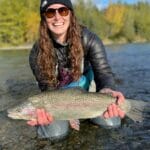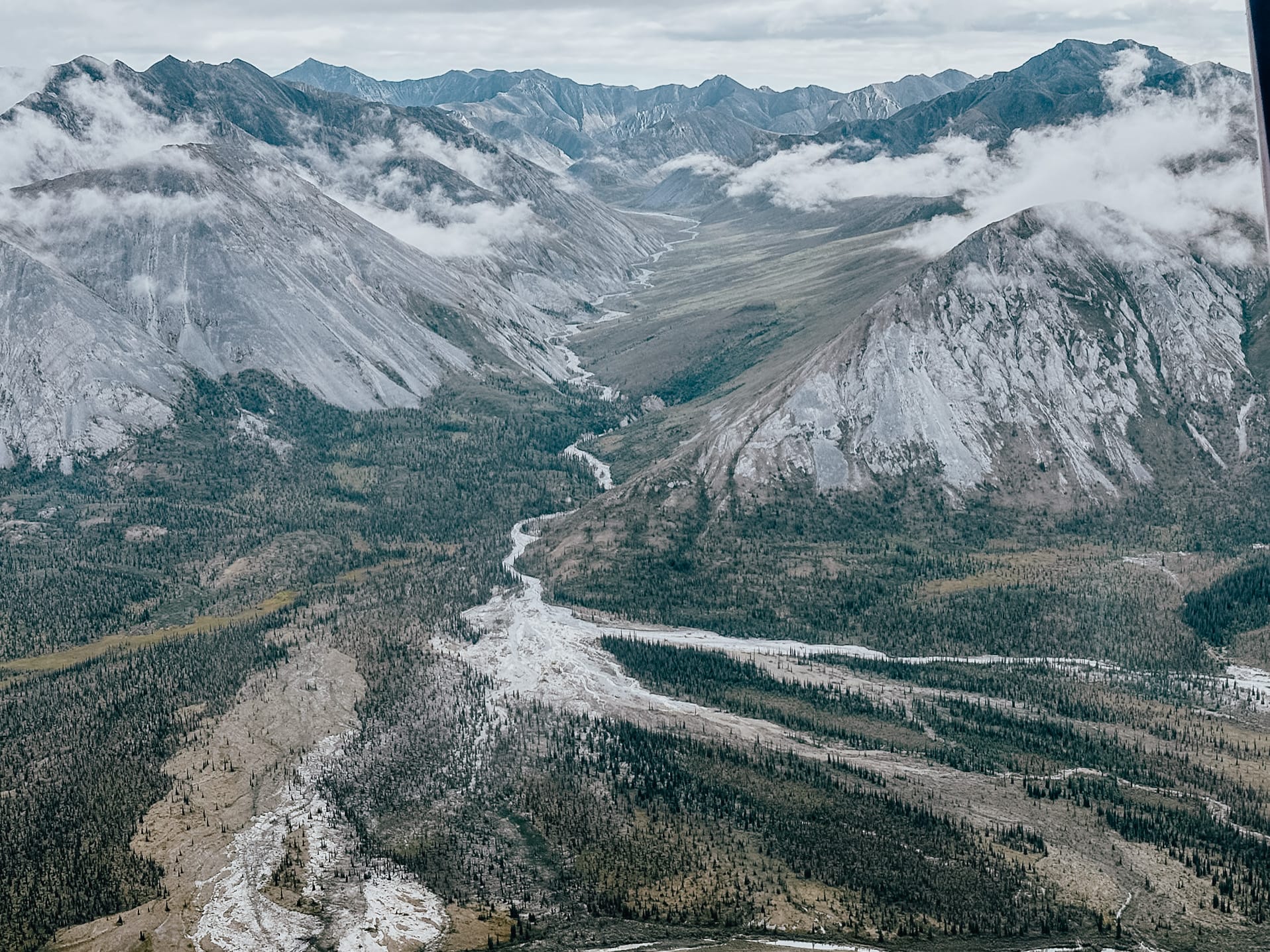The proposed Ambler Road is a giant red flag for fish and wildlife.
Alaska’s Brooks Range stretches some 700 miles east to west across the Arctic, forming the northern-most mountain range in America. This vast and wild landscape is the most untamed and remote hunting and fishing habitat remaining in North America, but a proposed 200+ mile industrial corridor threatens to alter it forever.
Voice your concerns about the Ambler Road Today
These ancient and mostly pristine mountains are home to Dall sheep, grizzly bears, black bears, gray wolves, moose and caribou. Hunters are drawn to the Brooks Range to pursue some of Alaska’s most iconic big game species in incredibly remote settings. Local waters support 14 species of sport fish, including Dolly Varden, Arctic grayling, and trophy sheefish. Anglers enjoy fishing crystal clear waters in pristine, free-flowing rivers that support healthy populations and receive little fishing pressure.
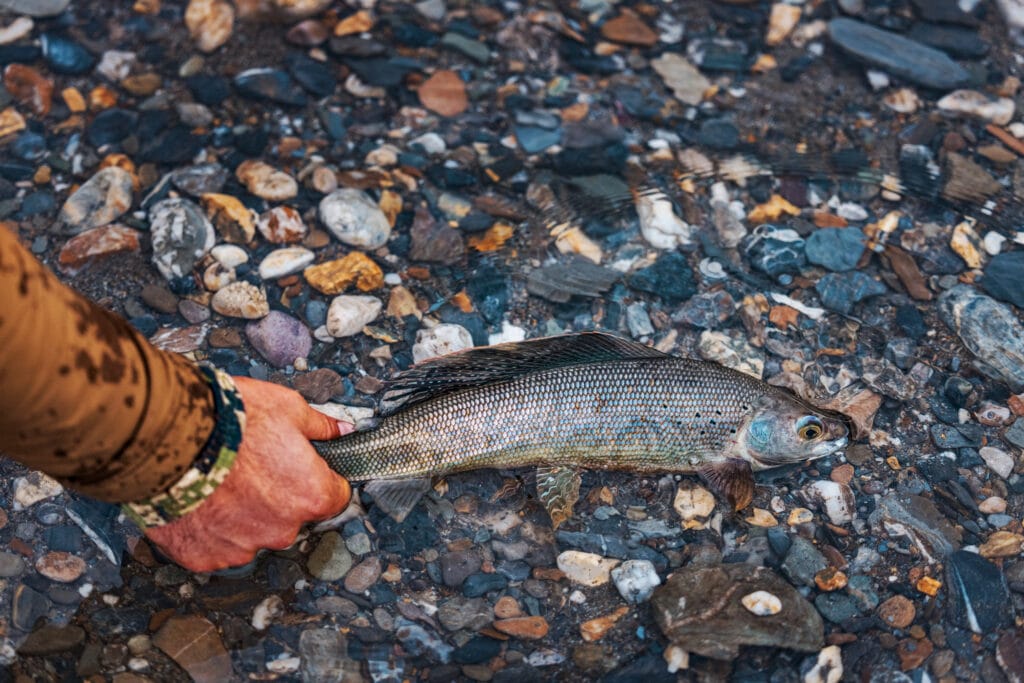
The Ambler Industrial Road would forever diminish the wild character of the best remaining fly-in and float hunting and fishing opportunities in Alaska. The 211-mile industrial corridor would connect the Dalton Highway with several economically uncertain mineral deposits where foreign-owned mining companies hope to develop at least four open-pit mines. The private, industrial access road would be closed to the public and cost Alaska $1.4 billion.
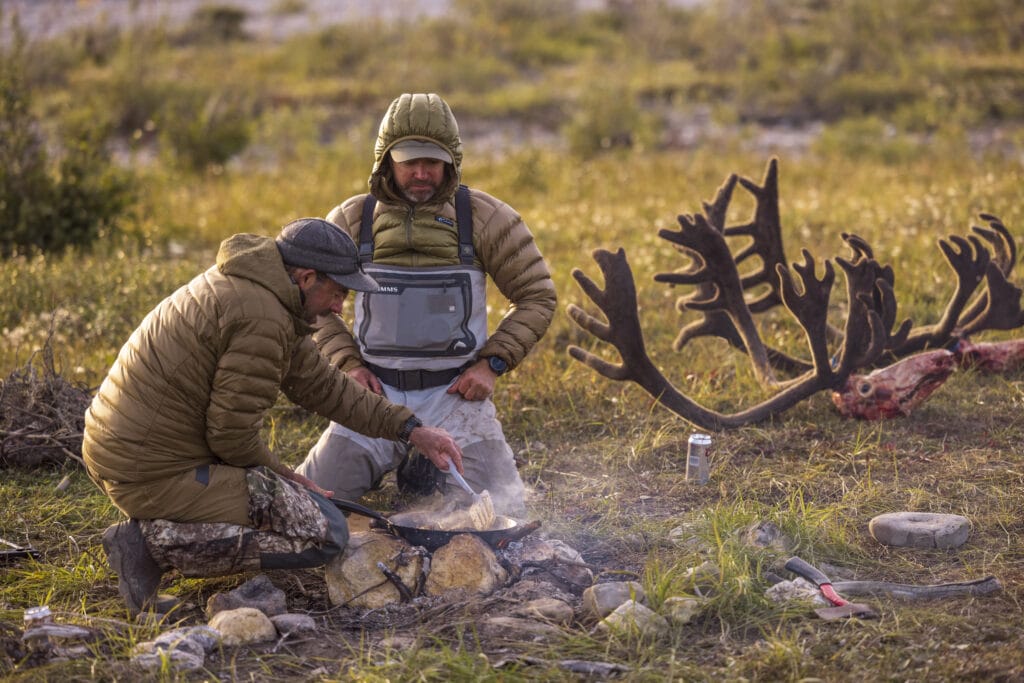
The proposed route would cut across important fish and wildlife habitat, including wetlands, alpine tundra, boreal forest, and nearly 3,000 streams and rivers. As proposed, the road would span three designated Wild & Scenic rivers, the Alatna, John, and Kobuk Rivers. The project design includes over 2,900 culverts, which have a history of degrading fish habitat and impeding fish passage.
The industrial corridor would also partially bisect the migratory area and winter range of one of Alaska’s largest caribou herds, the Western Arctic caribou herd. Studies suggest the impacts of this could likely be significant on an already stressed population. The migration path of caribou is the longest of any terrestrial mammal on earth. Many local Indigenous Peoples rely on these caribou as a critical food source.
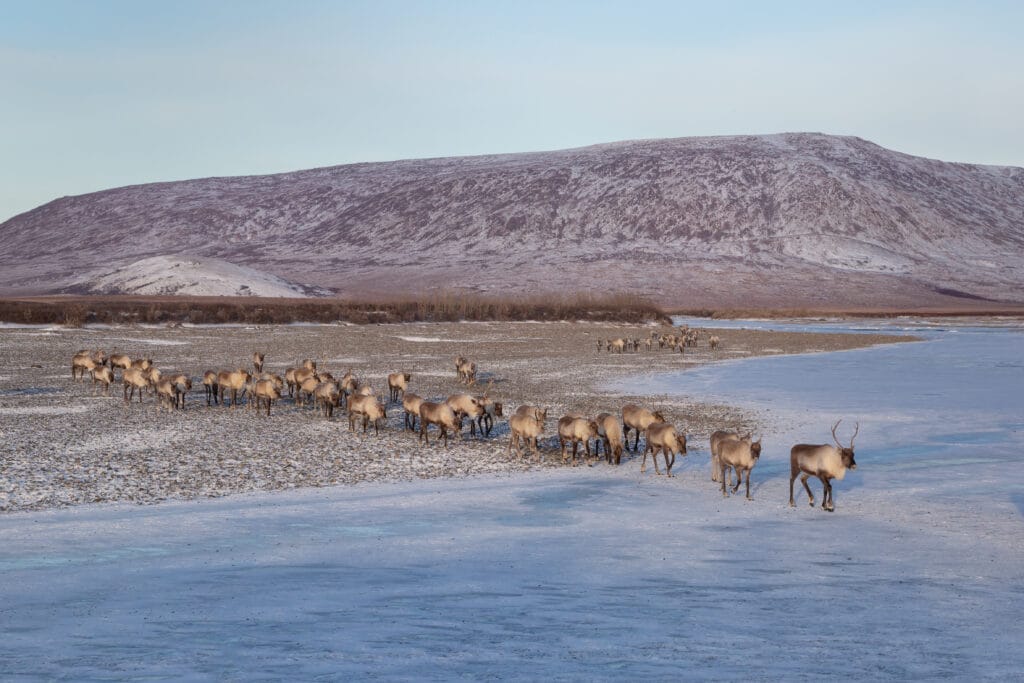
The Bureau of Land Management is currently seeking public comments on the project through December 22 and plan to make a final decision in 2024. The agency wants to hear from you before they decide whether or not to build this industrial project. Now is your chance to have a say in the future of this wild part of the Arctic.
Tell the Bureau of Land Management to maintain the wild and remote Brooks Range and deny the permit for the proposed Ambler Industrial Road. Taking action is quick and easy.
Building a road through pristine, rugged country will fundamentally change the landscape and jeopardize fish and wildlife. Our priority should be conserving America’s finest public lands for future generations to enjoy, not subsidizing private, industrial access across remote public lands for international mining companies. Voice your concerns about the Ambler Road and its potential impacts on fish and wildlife today.


